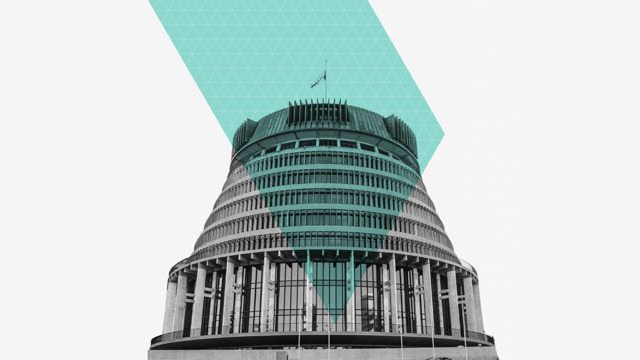The coalition Government has today released its Energy Package – a suite of reforms with wide-ranging implications for the electricity and gas sectors. The package spans fuel security, investment, distribution efficiency and gas market transparency.
For more information, read our Energy Blog insight, Government unveils Energy Package, which relates to the broader proposals included in the package, including Crown investment and LNG procurement proposals.
This alert focuses on the regulatory elements of the package, particularly the proposals to expand the Electricity Authority's (EA) powers and responsibilities.
Key regulatory changes under the Energy Package
1. Strengthened Electricity Authority mandate
- The Government has confirmed a significantly enhanced role for the EA, to make it a "more powerful, decisive regulator, focused on ensuring a genuinely competitive and reliable market", with legislation to be introduced in Q2 2026 that will:
-
- Increase penalties for breaches of the Electricity Industry Participation Code, potentially raising the maximum from $2 million to $10 million (or three times the commercial gain) to align with Commerce Act standards.
- Enable expedited rule-making, allowing the EA to respond more quickly to emerging market and security issues.
- Broaden information-gathering powers, enhancing the EA’s ability to monitor market conduct and investigate compliance.
- Introduce potential criminal liability for knowingly misleading or deceiving the EA.
2. Code amendments for dry-year risk and security of supply
- A new regulatory framework will be developed to incentivise investment in firm generation, with oversight and enforcement by the EA (this work is already underway).
- The EA will consult on new "non-discrimination" rules requiring gentailers to treat independent generators, industrial users, and small retailers the same as their own retail arms when offering hedge contracts (again, the EA has been advancing this work in conjunction with the Commerce Commission).
- Transpower’s role in risk monitoring will be strengthened to deliver more timely and accurate security-of-supply assessments that inform market signals and EA interventions.
3. Distribution sector efficiency
- Electricity distribution businesses (EDBs) will be expected to improve coordination, standardise practices and demonstrate forward-looking investment planning, with progress reported to MBIE and the EA (the Government has rejected advice that there should be forced amalgamation).
- The cap for EDB-owned generation on their own networks will increase from 50 MW to 250 MW, and restrictions on generation connected to Transpower’s network will be removed.
- If voluntary improvements fall short, mandatory Code-based efficiency measures may be introduced.
4. Enhanced gas market transparency
- The Government will establish a stronger gas information framework to ensure "timely, reliable and transparent data is available to all market participants".
- This will include reducing timeframes for MBIE to receive and publish gas reserves and production forecast data and directing the Gas Industry Company to produce an annual gas supply and demand study.
Next steps
- October 2025 – Consultation will begin on dry-year risk management options, including proposed market monitoring enhancements and non-discrimination rules.
- End of 2025 – Gas Industry Company to publish a new annual supply and demand study, with consultation on expanded disclosure requirements beginning in Q4 2025.
- Q2 2026 – Legislation to strengthen the EA and update the Electricity Industry Participation Code is expected to be introduced to Parliament.
The reforms outlined in the Energy Package represent a material shift in the regulatory settings for the electricity and gas sectors. While the implications will vary across the industry, the changes to the Electricity Authority’s mandate, market rules and disclosure obligations may have a meaningful impact on compliance, investment and market participation.
If you have any questions about how these reforms may affect your organisation, please contact one of our experts.



